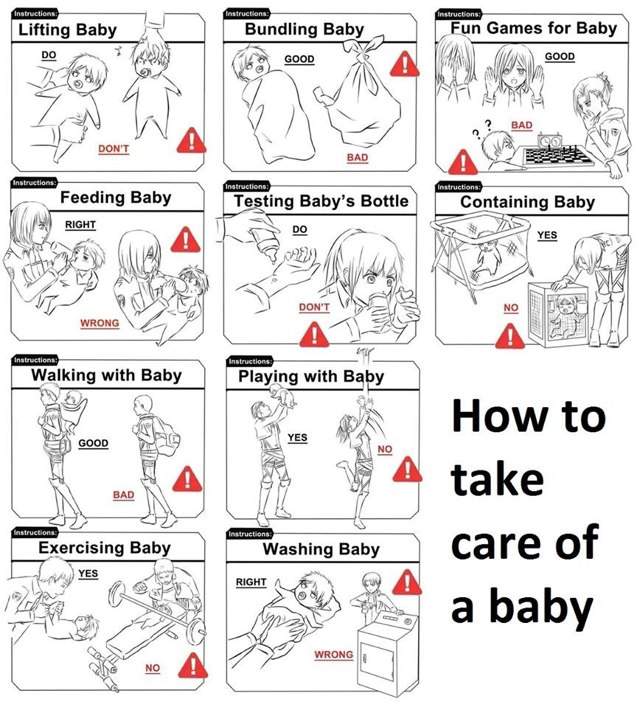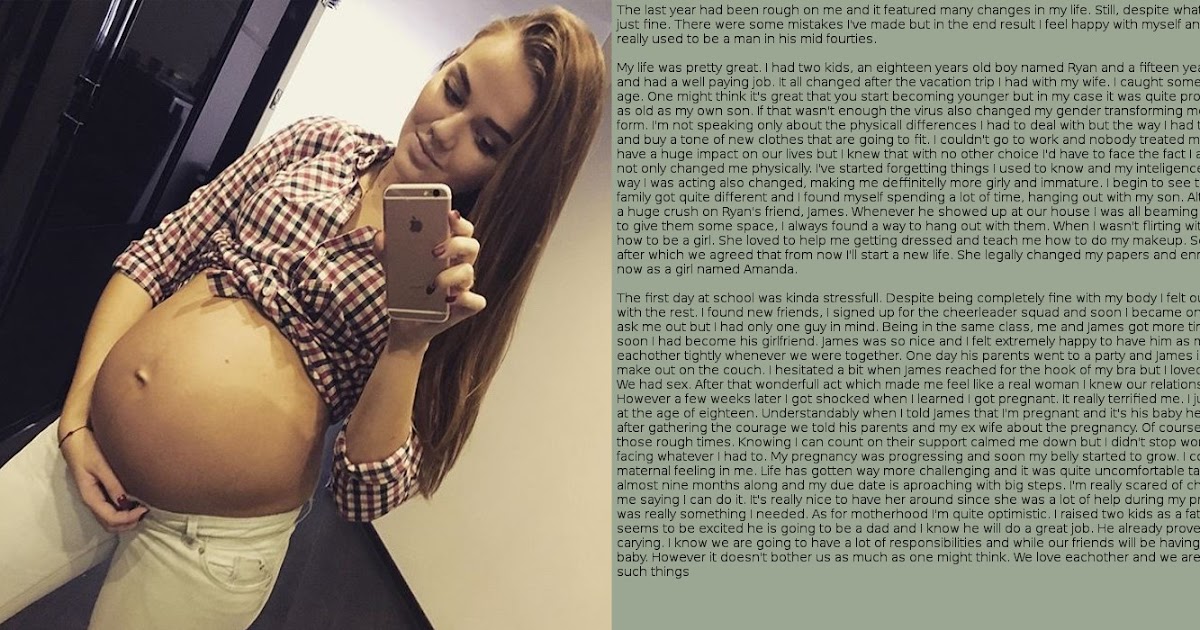How long can you foster a child for
How Long You Can Keep a Foster Child Depends a Child's Reason for Needing Foster Care
How Long Will You Foster a Child Depends on Each Child’s Individual CaseHow long you can keep a foster child is complicated because each foster child has different needs. Those children who potentially will enter your home each come with a case file that varies significantly. The goal of the foster care system is to care for a child until they are safely placed in a permanent family situation. This means they are either reunited with their birth parents, adopted into a family, or placed with close relatives. In this way, a foster care situation is temporary by definition. However, according to the U.S. Department of Health and Human Services, Administration for Children and Families, Administration on Children, Youth and Families, and Children’s Bureau, the length of time a child stays varies from anywhere from one month to nine years.
Children Enter the Foster Care System for Various Reasons so the Length of Time of their Stay Also VariesIn the United States, there are on average 400,000 children in the foster care system. In the state of Texas, there are approximately 30,000 foster children. On average, 3,500 of those children are waiting to be adopted by families. The foster care system is an extended network of families who take children into their homes for a multitude of situations. Sometimes it is because of neglect, a deceased parent, or a child needs a family to live with while waiting to be legally emancipated.
Since foster children are as young as toddler-age and as old as a college-age student, the length of time a foster child stays in the system depends on various factors. However, on average, a child typically stays with their foster family for about thirteen months. Furthermore, 22% of these children only remain in the system for one to five months.
A Child’s Case Plan Goal Often Predicts How Long They Remain in the Foster Care SystemWhen a child enters the foster care system, their case plan goal can predict how extended their stay will be. According to national statistics, only 3% of children intend to stay with a foster family for an extended period.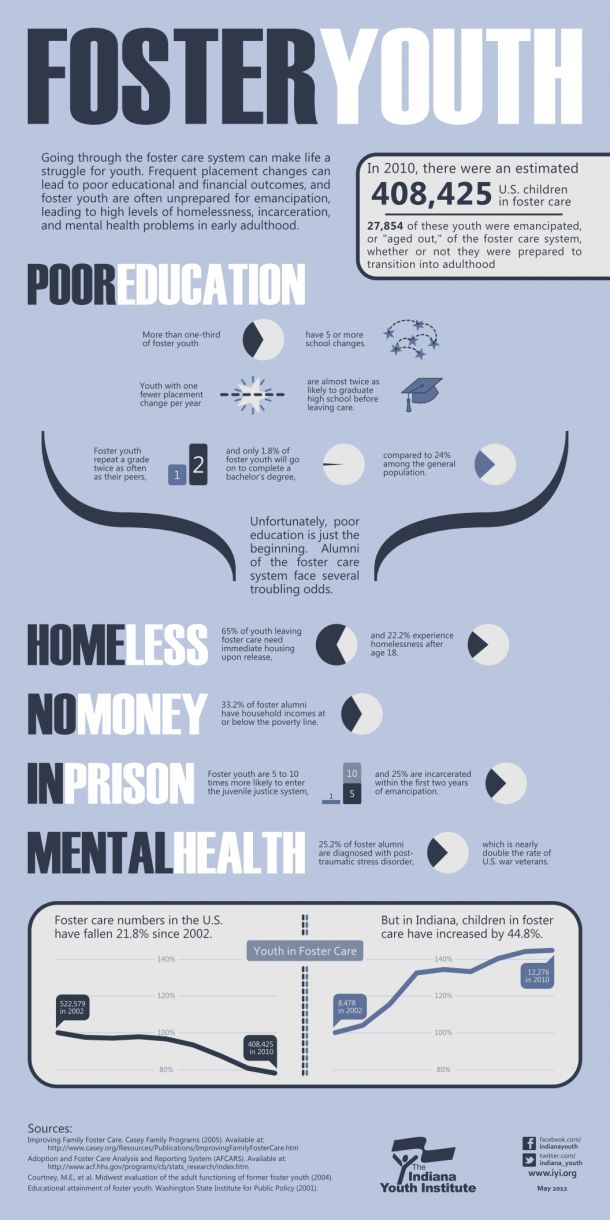 Additionally, older foster children often remain with a family until they are legally able to be emancipated. In Texas this is 16 years old for children living apart from their parents.
Additionally, older foster children often remain with a family until they are legally able to be emancipated. In Texas this is 16 years old for children living apart from their parents.
The length of time changes, though, for children who are waiting for adoptive families. The average stay for children waiting to be adopted is about two years.
55% of foster children are waiting to be reunited with their parents. Meaning, the length of time these children stay with a family depends on the status of the parents. All of this depends on the steps that have been taken to ensure that the child’s home life will be secure if they are returned to Mom and Dad. Otherwise, they can be placed with a close relative.
Making the Commitment to Foster a Child Takes DedicationHow long one keeps a foster child depends on what is going on in that child’s life. This can depend on the child’s age or case plan goal. While having a foster child for five years or more is not as common as fostering for one to two years, the commitment to a child’s care is foremost. If you are interested in fostering a child please contact us for more information and we can help you sort out the questions you have about fostering a child in Texas.
If you are interested in fostering a child please contact us for more information and we can help you sort out the questions you have about fostering a child in Texas.
Post Tags: #between families#foster children#foster parenting#Texas Family Initiative
Similar Posts
Adoption | Foster Parenting
The Sad Reality of Teens in Foster Care
A child’s eighteenth birthday is often looked towards with joy and excitement. That is unless that child is in the foster care system with no hopes of birth parent reunification. When placed into the foster care system, the goal (whenever possible) is always to reunite birth families. Children, if issues cannot be fixed or when…
Read More The Sad Reality of Teens in Foster CareContinue
How Long Can You Keep a Foster Child?
One of the primary questions many people have when they’re ready to become a foster parent is, “How long can you keep a foster child?”.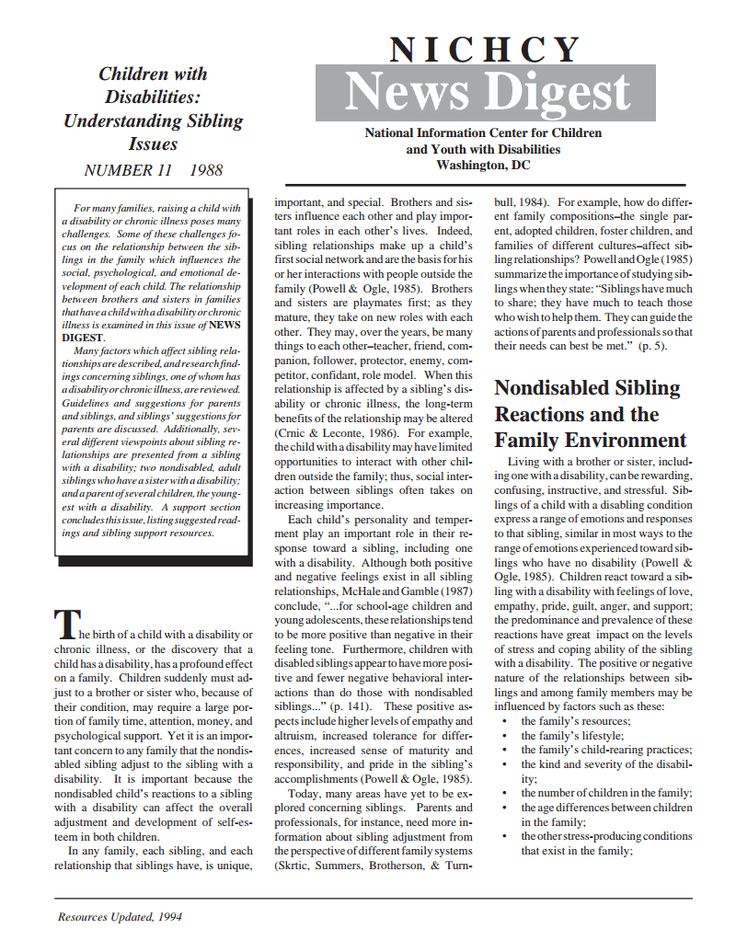 You like the idea of a long-term, loving relationship with a foster child who will become a member of your family, and the idea of having them torn away is potentially devastating. Understanding the types of foster care placements can help you develop a better understanding of how foster care works and how long a child will be in your care.
You like the idea of a long-term, loving relationship with a foster child who will become a member of your family, and the idea of having them torn away is potentially devastating. Understanding the types of foster care placements can help you develop a better understanding of how foster care works and how long a child will be in your care.
There is a great need for short-term placements for many foster children. Children may need a temporary placement while waiting for relatives to come to get them. They could also need emergency care immediately before long-term foster parents can be found. In these cases, children may stay in your home for only a few days–often not even as long as a week–before they move on to another placement. In other cases, children may be removed from the home temporarily, but a judge may reinstate custody as soon as the parents get a hearing.
Waiting on the ParentsThe first goal of foster care is reuniting the child with their parents. In many cases, this means waiting for the parents to fix a problem: getting clean, removing unsafe items from the home, or creating a better standard of living at home. Parents may need to deal with the problems that led to the children being removed from their custody in the first place. Once these steps have been completed, many foster children are able to return to their parents’ care. In this case, they may be with you for weeks or months before returning home.
In many cases, this means waiting for the parents to fix a problem: getting clean, removing unsafe items from the home, or creating a better standard of living at home. Parents may need to deal with the problems that led to the children being removed from their custody in the first place. Once these steps have been completed, many foster children are able to return to their parents’ care. In this case, they may be with you for weeks or months before returning home.
Long-term placement is designed for children who are unable to be reunified with their parents for whatever reason. When parental custody is terminated, these children will become available for adoption. However, in the case of older children, they have the right to decide for themselves whether or not they want to be adopted. In many cases, it can take years to fully move through the adoption process. Either the caregiver or the child may also decide that they don’t want to pursue adoption.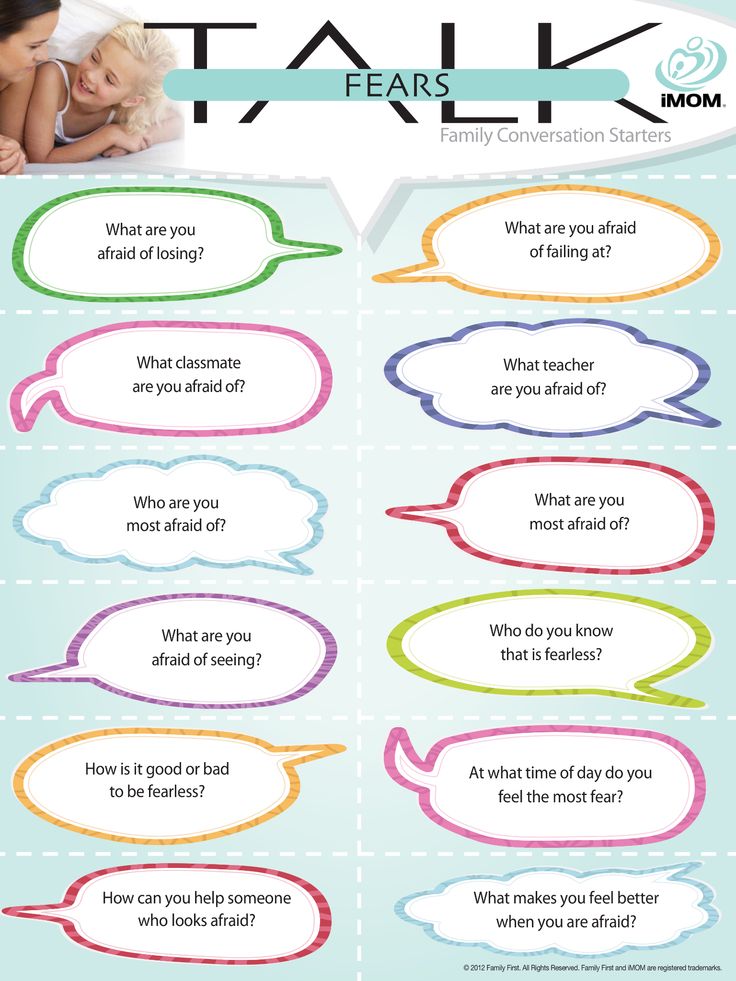 This leaves the child in the care of the foster parent until they age out of the system between the ages of 18 and 21. In this case, a long-term parent/child relationship is often still possible.
This leaves the child in the care of the foster parent until they age out of the system between the ages of 18 and 21. In this case, a long-term parent/child relationship is often still possible.
Learn More about How Long You Can Keep a Foster Child
It’s often impossible to predict how long you will be able to keep a foster child. You don’t know what type of situation they’re coming from, or how long it will take for things to change in their lives. However, you can select the type of placement you prefer, and most foster services will do their best to stay within those guidelines. Have more questions about becoming a foster parent? Contact us today to learn more.
Post Tags: #between families#foster children#foster parent#Texas Family Initiative
Similar Posts
Foster Parenting
A Word on Saying Goodbye
One of, if not the, biggest fear for those considering foster care is having to say goodbye.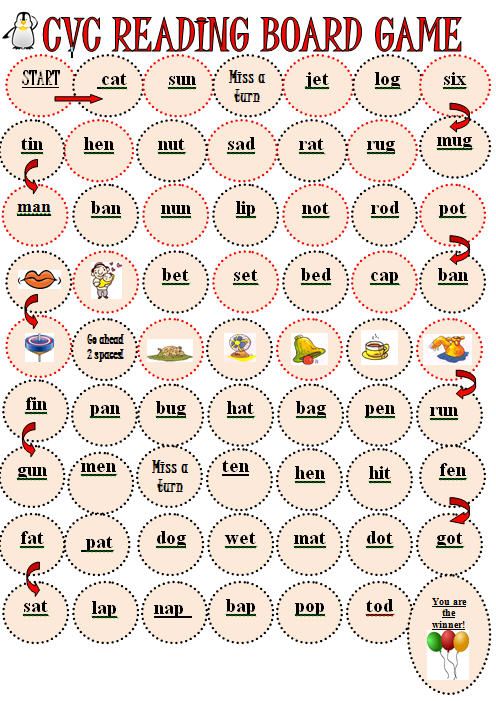 Understanding the fact that foster care is largely temporary is essential when deciding whether or not foster care is right for your family. Even those with the healthiest of grasps on this reality may find it difficult to…
Understanding the fact that foster care is largely temporary is essential when deciding whether or not foster care is right for your family. Even those with the healthiest of grasps on this reality may find it difficult to…
Read More A Word on Saying GoodbyeContinue
Foster Parenting
How Can You Encourage Your Foster Child to Grow Into a Rounded Adult?
As a foster parent, you may have a number of questions about parenting. Foster care is different, of course, from raising a biological child: raising a child into a rounded adult. However, many of the principles remain the same. If you are caring yet firm and you feel like you are doing your best as…
Read More How Can You Encourage Your Foster Child to Grow Into a Rounded Adult?Continue
Foster Parenting
You Can Be That One Person
Nobody puts it better than Dr. Seuss in his well-known quote – “To the world, you may be one person; but to one person you may be the world.” This is true for all human beings, but particularly applies to some of the most vulnerable in our society – foster children. The idea of fostering…
Seuss in his well-known quote – “To the world, you may be one person; but to one person you may be the world.” This is true for all human beings, but particularly applies to some of the most vulnerable in our society – foster children. The idea of fostering…
Read More You Can Be That One PersonContinue
Raising a baby from 1 to 3 years old is one of the most important tasks of parents | Mamovedia
At what age should one start raising a child?
To date, the need to educate a child from the first months of his life has been confirmed by numerous scientific data.
Essential factors in education are such factors as a gradual increase in periods of wakefulness, reflecting the working capacity of the child's brain, the early development of his analyzers (hearing, vision, etc.), as well as the development of speech.
And if you do not take care of the upbringing of the baby from the first months of his life, you can miss a lot.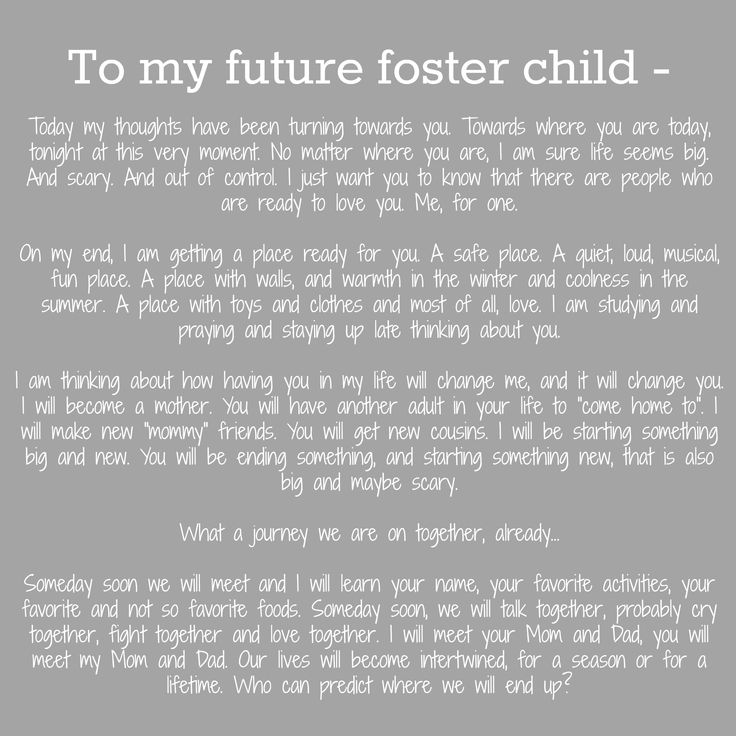 There is not a single day to be wasted in carrying out the process of education.
There is not a single day to be wasted in carrying out the process of education.
Psychologists believe that half of a person's mental development occurs at the age of the first 3-4 years of life.
If there is no upbringing during this period, then either a delay in the development of the brain or the formation of undesirable habits that create a picture of the child's negative behavior are inevitable.
It is impossible to give any ready-made recipes for raising a child, since much here depends on the individual (typological) characteristics of the children, the environment, the child's past experience, the habits that he developed earlier, and his state of health.
However, there are a number of general pedagogical rules that parents must follow. Let's consider some of them.
The child must be treated evenly and calmly.
The mood of parents is easily transmitted to children. The loud, angry cry of the child by the father or mother quickly excites him - tears appear, the baby begins to act up.
Sudden movements, “twitching” of the child when dressing, washing or putting to bed lead to the fact that he refuses to carry out instructions from adults, becomes irritable.
That is why parents in any situation must maintain an even and calm attitude towards the child, avoid "emotional breakdowns", irritable tone, etc.
Unity of upbringing .
You have already gained some experience in raising a child. Know how to feed him, how to put him to bed, how to calm him down, entertain him, etc.
The child adapts to the environment more easily if the parents use the usual ways of dealing with him.
Any change in familiar educational methods or the application of new rules that are still obscure to the child violates his habits and causes unbalanced behavior.
For example, a child is used to going to bed in a pram outside. Try to put him at the same time at home, in bed - you will experience certain difficulties.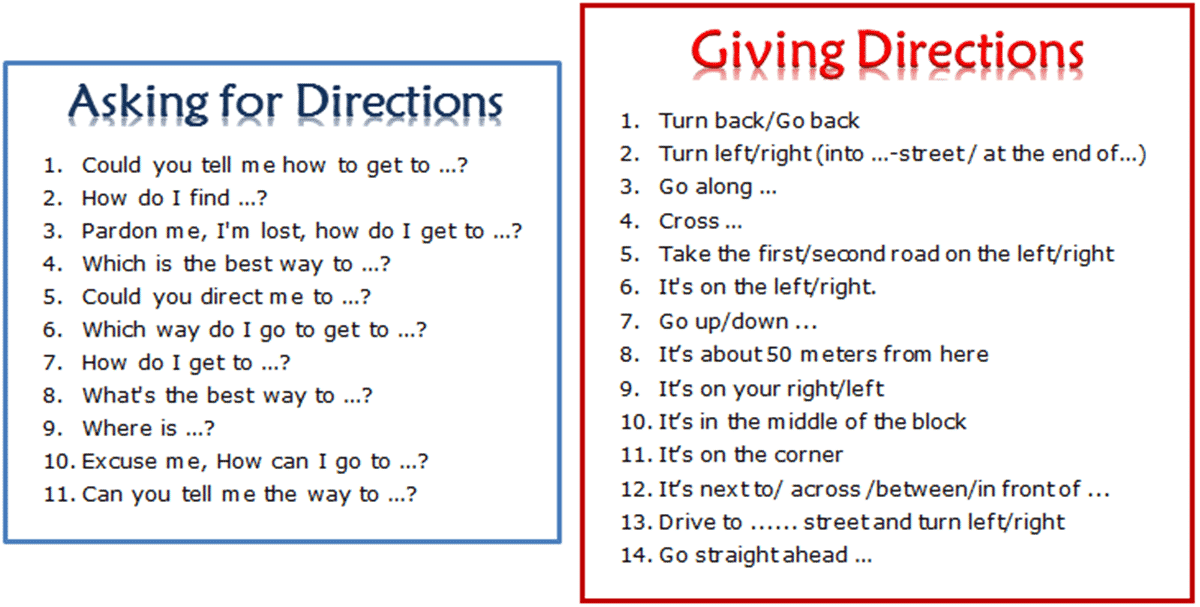
Changes in the method of education can only be made in accordance with the age of the child, when it is necessary to make new demands: eat independently, undress independently, etc.
, the child's new skills.
The concept of "unity of education", in addition to the unity of the methodology of pedagogical methods, also includes the unity of approach to the child on the part of all adults involved in his upbringing.
Mom and dad, grandmother, etc. must have complete coordination in their approach to the child, the presentation of certain requirements.
Only such a unity of adult family members in their views on the upbringing of a child can ensure the formation of stable positive skills and balanced behavior.
If mom forbids “touching the clock”, and dad allows “take, play, son!”, then in this case the baby will never develop a clear perception of such an important concept as “possible” - “impossible”.
With such a system of wrong upbringing, the child will quickly understand: it is possible to behave differently in the same situation - the only thing that matters is who is present, the father or the mother?
Neglect of the upbringing of restraining concepts forms such traits in the child's character as stubbornness, negativism, irritability.
Parents should be well aware of what this playful substitution of "no" for "may" might entail.
So, a single tactic in education, complete coordination in the actions of all family members is an important pedagogical requirement. Remember that your child at this age is more sensitive, quick-witted and smart than some parents sometimes think.
Your claim is law .
There is one more "magic" word that is very necessary in the process of upbringing - "must".
The correct, adequate reaction of the child to the word "must" is developed only when the parents already at this age teach the child to fulfill their requests or demands.
It is very important that your request is justified and matches the child's desire or need. For example, you say: “I need to sleep” when putting the baby to bed at the appointed time for him, or “let's go for a walk” when it really is time for a walk.
In addition to this condition, in order to develop the desired reaction of the child to the word “must”, the requirements of adults must be feasible for him.
Unbearable for children of early age (1-3 years) are such demands of parents as to sit quietly or to wait for something for a long time.
A child at this age cannot yet be immobile. The ability to “wait”, “sit”, etc., must be exercised gradually. It will form at an older age, after three years.
Next, each time you need to make sure that the child fulfills your instructions. And if every suggestion of yours to do something the child will meet with its obligatory implementation, he will form the habit of correctly behaving in accordance with one or another request from adults. But this is nothing but obedience .
How nice to hear such a characterization “what an obedient child!” With such a child, it is easy for parents and caregivers.
Development of independence.
If a child reaches for an object that has attracted his attention, interested him (for example, a toy), and finally takes out this object himself, without the help of adults, he rejoices, feels satisfaction from “his own independent actions.
Such actions of the child should be encouraged (“well done, that he got himself”), this will further strengthen his craving for independence.
It also happens that a child in a similar situation honks “I can't”, “no way” and asks adults to help “give-give-give”. And yet, do not rush to his rescue, but try to induce him to independent actions with words. “You are already big, get it yourself, try it.”
Try to get the child to do for himself what he could not do. At the initial stage, you can quietly help him bring the matter to a positive result in order to consolidate confidence in his abilities.
In this way you form in the child the need for independent action, the ability to overcome difficulties.
Can you be a role model?
Usually at the age of 2-3 years, children tend to imitate the actions of adults: kids in the game imitate the actions of their mother, father, grandmother, doctor, etc. They “feed” and “treat” dolls, “cook” dinner, “ read books.
It's nice to see if a child's imitative actions consist of following positive rules. And if not? Who is to blame? Of course adults. He saw it in their behavior, and then reproduced the negative.
The ability of a child to imitate is very useful for correct upbringing, since on its basis the necessary skills and habits are mainly taught.
By imitating the actions of adults, the child learns many things - to eat neatly, fold his clothes, put away his shoes, collect toys. And in the future, children receive many hygiene skills, manners of cultural behavior, looking at similar actions of elders.
Parents should always remember that their behavior is constantly watched by attentive children's eyes, and behave accordingly. It is also necessary to draw the child's attention to all the positive actions that take place before his eyes. It is desirable to accompany educational influences with verbal explanations and persistently develop positive forms of the child's response actions.

Voice unit.
Parents should know that it is easier to get a child to perform some action if you first tell him about it, that is, create a preliminary setting, a positive attitude to perform this action.
For example, “We are going for a walk now, but first we need to get dressed” — and the child will willingly put on clothes. Or “Now we will have lunch, but first we need to wash our hands.”
Such phrases of adults warn off the child's whims. He understands that this “difficult” (dressing, washing hands, etc.) is done in order for the “pleasant” to come later (a walk, delicious food, etc.).
These words create, as it were, readiness for this or that action and arouse in the child a desire to cope with it.
The most common mistakes in parenting.
These include frequent, unmotivated bans, "failure of the installation", lack of stability in the daily routine. These provisions are physiologically justified, as they are due to the psychophysiological characteristics of the child's body.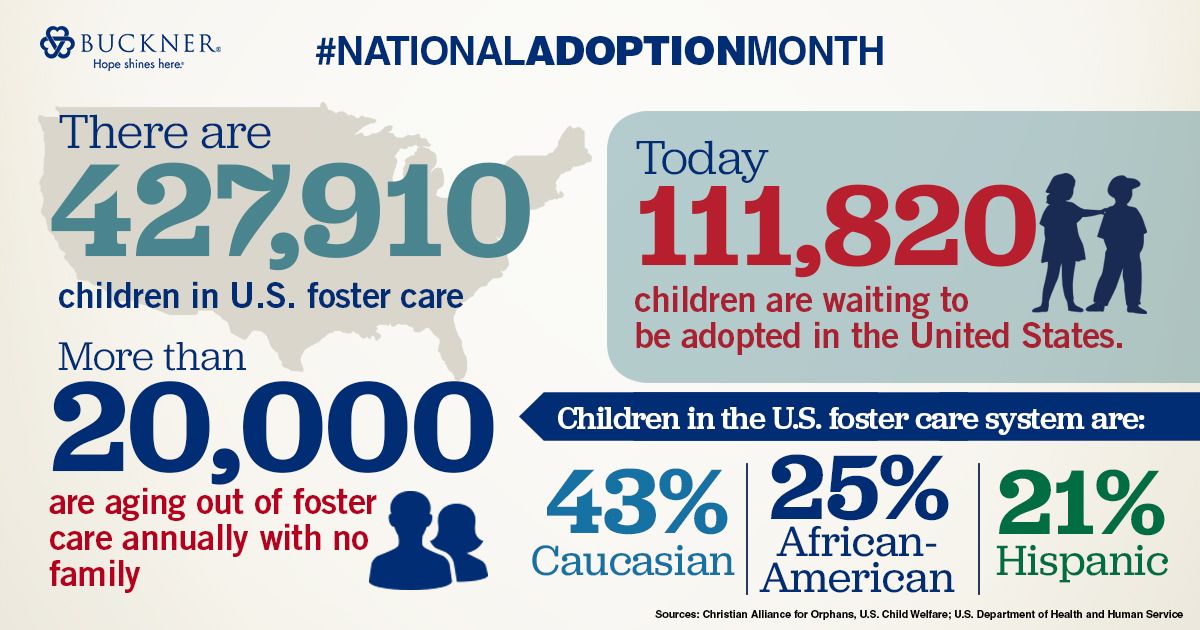
Why are frequent bans harmful? Twitching, all kinds of "impossible" cause a braking state in the child. The age-related properties of its nervous system are such that they cannot provide long-term immobility.
This leads to overstrain and exhaustion of the baby's nervous system: he gets excited, screams, cries, stamps his feet, falls to the floor, etc.
Another subtlety.
When you forbid something to a child, you say “don't do it”, “don't touch it”, “don't pull it”, i.e. different words with the negative particle “don't”. However, due to the peculiarities of the child's perception of adult speech - after all, the baby has only just learned to understand it - he does not always catch this short particle “not” and often hears “do”, “touch”, “pull”, etc.
You will do wrong if you allow your child everything, or, conversely, forbid it.
The child must know the clear boundary between "possible" and "impossible" .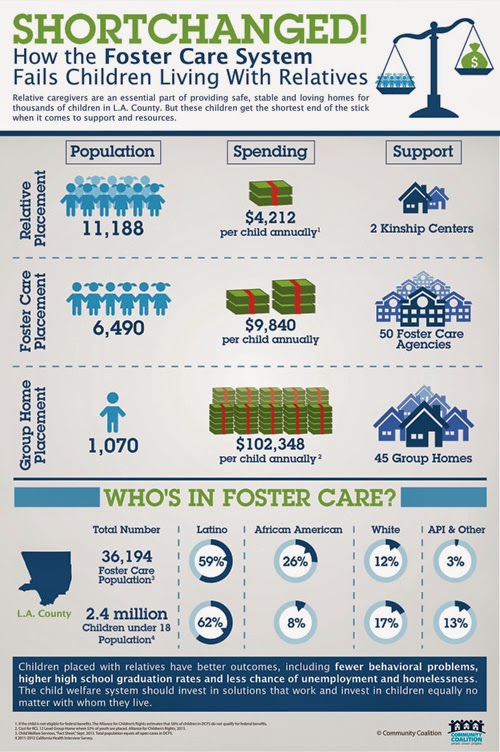
But there should be few prohibitions at this age. It is advisable to organize the place of wakefulness of the child in such a way that in his environment there is as much as possible permitted than prohibited.
What is a "installation failure"? Imagine the following situation: a girl is playing with a doll with concentration, wrapping her in a blanket. And mother has no time, she is in a hurry and demands from her daughter that she immediately begin to dress. It is this sharp violation of the child's concentrated activity that is the "disruption of the set."
The child is completely engrossed in the game (“fixed”). Suddenly, the game abruptly breaks down by the immediate demand of the mother.
In this case, the protest and resistance of the child, his crying is understandable - after all, all this is due to the inability to switch to another action.
If such wrong methods with a "disruption of the set" are used frequently, then a negative attitude towards the suggestions and demands of adults is fixed in the child.
It is necessary to skillfully switch the child's activity from one activity to another without violating the set - first with words, if the child understands speech well, then by showing what he will have to do. This way of switching attracts the attention of the baby and arouses his interest in a new activity.
Do not change your child's day routine abruptly and often.
Usually the conditions of his life are relatively constant (environment, home environment, etc.). The main components of the daily routine: sleep, wakefulness and feeding, almost always alternate in the same sequence. At the same time, certain stable habits are fixed in the child, which are of great importance for his life.
If the sequence of events of the day is suddenly disturbed (arrival of guests, change of feeding or sleeping time, departure to the country house, etc.), then, as a rule, the child's behavior changes: stubbornness, crying, whims, loss of appetite, sleep disorders appear.
To avoid these phenomena, we advise you not to allow frequent and significant changes in the child's living conditions.
If you need to change the situation (moving, entering a preschool, etc.), try not to change the child's habits that have developed rapidly.
One cannot bring many new things into his life at once. Of course, it can and should be diversified, but gradually, within the limits allowed by the age-related endurance of the child's nervous system.
In each individual case, you can get advice in the office of a healthy child of a children's clinic.
It is strictly forbidden to intimidate a child, deceive him or use physical punishment.
Sometimes you can hear how a mother, hurrying the baby, says “eat soon, otherwise I will give it to dad”. Such thoughtless words can form greed in the character of a child.
You can’t blame him too often: “how stupid you are”, “how stubborn you are”, “you don’t know how to do anything”, etc.
The child misbehaves.
Many parents get lost and don't know how to deal with the baby if he is naughty.
The most common technique that many people probably use is the method of distraction. The smaller the child, the easier it is to divert his attention from the reasons that caused crying, whims.
This helps to calm the baby, but does not teach the right behavior. Therefore, at an older age, it is better to replace the method of distraction with persuasion, clarification or direct teaching.
What to do if the child cries: pity, punish or ignore his crying?
In this case, the choice of the method of education will depend on the cause of the tears, the establishment of the child's guilt and other circumstances.
Why and how should a child be punished?
There can be no definite answer here. In resolving this issue in each case, parents should be helped, prompted by their love for their baby, the desire to bring up the best qualities of character in him, to protect him from mistakes in the future.
If adults give enough attention and caress to the child, then “a stern look with normal caress” may be quite sufficient.
It is important that the methods of punishment are related to the nature of the child's bad deed. For example, a kid broke a toy or tore a book - in this case, it is necessary to say how badly he did and forbid him to use this toy or book.
It is better to immediately educate a child correctly, forming as many positive forms of behavior as possible in him, than to re-educate him later, to break the prevailing stereotypes.
Most children strive to do what their parents expect of them, because the strongest motivators in the world for them are the love and attention of their parents, and children work hard to get them.
Comfortable children are not born but made (and never have their own opinion)
Detail from a painting by Thomas Webster Parents often come to see a psychologist asking why their children stop listening to them by adolescence. After all, before that, the child was the most obedient in the world. In adolescence, there are many reasons for disobedience and bad behavior. Psychologist Evgeny Lange talks about the phenomenon of a "comfortable child" that will grow into a "comfortable adult" if nothing changes.
After all, before that, the child was the most obedient in the world. In adolescence, there are many reasons for disobedience and bad behavior. Psychologist Evgeny Lange talks about the phenomenon of a "comfortable child" that will grow into a "comfortable adult" if nothing changes.
If you are already experiencing a teenage crisis with your child, then perhaps this article will help you improve or even renew your relationship with him. And if your child has not yet reached this age, then you will probably be able to prevent difficulties in the future.
Who are the Comfortable Kids. And why by adolescence they cease to be as convenient
Most psychologists call those children who unquestioningly obey adults as convenient. This obedience is expressed in almost everything - from the choice of a sports section to food preferences. Parents do not even need to make visible efforts for the child to fully exist according to their scenario. Such children, before making any decision, are guided by the opinion of a significant adult.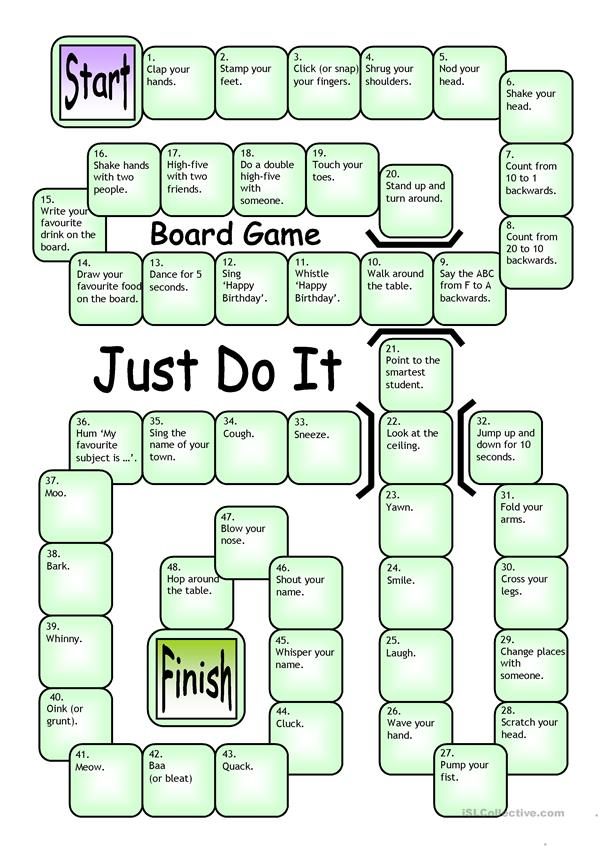 If the child has a formed opinion on any issue, and the parent does not agree with him, then the opinion immediately changes in an acceptable direction for an adult.
If the child has a formed opinion on any issue, and the parent does not agree with him, then the opinion immediately changes in an acceptable direction for an adult.
Teachers describe convenient children as obedient, polite, accommodating. An incompetent teacher will immediately identify such a child as a favorite.
Thus, convenient means socially desirable. For the time being, the child does not show any protest moods and aggression. At first glance, everything described seems to be an ideal picture! After all, any parent simply dreams of such a child.
Is the picture really that perfect? Three questions will help us to understand this.
- "Comfortable babies" are born or made?
- What character traits are formed in a "comfortable child"?
- What kind of adult do "handy kids" grow up to be?
A child is born with genetic, biological, physiological and psychological characteristics. But if we compare a newborn with a blank sheet on which something is yet to be written, then each sheet, depending on the materials from which it is made, has different properties and features. Sheets of paper can be of different colors, made of different materials, have different writing textures.
Sheets of paper can be of different colors, made of different materials, have different writing textures.
The author, whether he is a writer, an artist or an accountant, only needs to choose the right ink or paint for this sheet to take on a life of its own and get its purpose.
The same thing happens with the upbringing of a child. If the parent chooses the right parenting style, then the ink will lay down evenly and will not scratch the paper.
That is, children are born with different predispositions. Someone will be a little more eccentric, someone may be too calm, but with the right approach, all these bumps can be smoothed out. It depends only on whether the parent wants to raise an independent, realized personality, or whether he will assert himself at the expense of the child and solve his children's problems.
Answering the question whether children are born or become comfortable, I can answer with confidence - they become. Indeed, despite the individual characteristics of each child, almost everything depends on the style of education.
A child whose "convenience" is encouraged, does not have his own opinion, constantly needs approval of his actions and has no internal guidelines . These people are very easy to manipulate. That is, the former "comfortable children" will become "comfortable adults."
Comfortable adults have very little chance of building their own careers, as they are unable to make independent decisions without looking at the opinions of others. "Convenient adults" are almost always performers, performers of other people's tasks and goals.
In a family, a convenient man will fulfill any whim of his wife, and a convenient woman will be a slave for an imperious man, idealizing him in everything. This family pattern is more likely because shy, insecure people look for people who will make decisions for them and tell them what to do. This temporarily relieves anxiety from uncertainty and creates the illusion of value orientations. On the other hand, powerful, dominant men and women are looking for just such “convenient” partners, since they need someone to lead and command. Men and women who have a need not for dominance, but for the division of duties and equal partnership, will quickly discern a “convenient” person in a potential object of love and will soon lose interest in him.
Men and women who have a need not for dominance, but for the division of duties and equal partnership, will quickly discern a “convenient” person in a potential object of love and will soon lose interest in him.
That is why comfortable adults, saying goodbye to anxiety from the unknown only for a while, doom themselves to constant pushing and manipulation.
At the same time, convenient adults, unlike convenient children of primary school age, are aware of their situation and suffer from it, not being able to change anything. After all, they don’t know how to live differently, and in order to start changing something, you first need to be confident in yourself and in your decisions.
Collective image of a family where a “comfortable child” is brought up
Very often, parents strive to raise a child “in their own image and likeness”, that is, for such parents this is not just a child, but a child is a project. It is logical that a child-project should not have their own opinion, because "parents know better". To set the boundaries between parenting and design, you need to understand that, of course, before the age of 18, most of the responsibility for the child lies with the parent. But a wise adult during the life of a child not only gives him more and more personal responsibility, but also advises on some family and personal issues, for example, where to go on vacation, what food to buy, what to do on the weekend.
To set the boundaries between parenting and design, you need to understand that, of course, before the age of 18, most of the responsibility for the child lies with the parent. But a wise adult during the life of a child not only gives him more and more personal responsibility, but also advises on some family and personal issues, for example, where to go on vacation, what food to buy, what to do on the weekend.
A parent for whom a child is a project is of little interest in the child's personal opinion. When a child grows up, he is unlikely to come to his parents for advice, because all he hears is criticism of actions and clear instructions for action.
A wise parent knows that already at the senior preschool age, the child can not be pointed out, but offered a choice and explain the consequences of each of the choices.
Here's a little test to see if you're an authoritarian parent
Just try to answer these questions.
1. It is not customary in our family to discuss the decisions of the parents.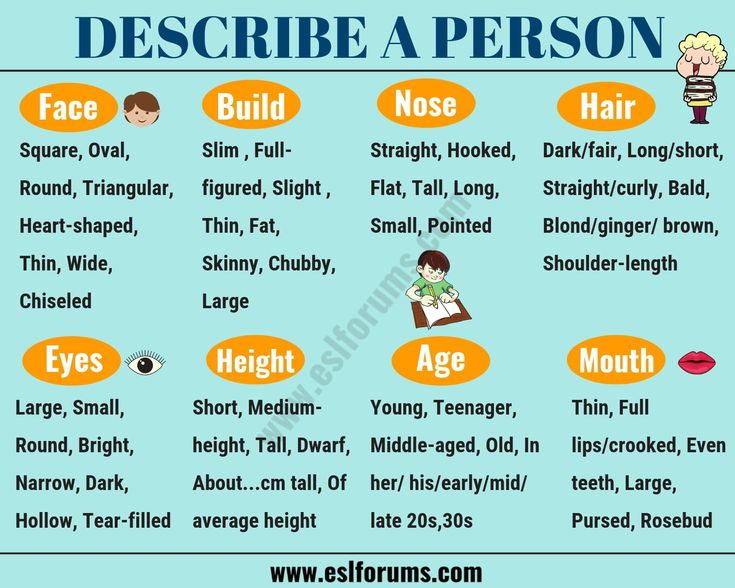 As we said, so be it.
As we said, so be it.
2. I get very upset when children challenge my decisions.
3. When I realize that I do not have enough arguments or patience in an argument with a child, I simply say that the conversation is over.
4. My child can stand up for himself when no adults are around.
5. My child speaks loudly and clearly.
6. I don't really understand my child's hobbies. It seems to me that everything he does or watches is nonsense.
7. I have great control over what my child watches on TV or on the Internet.
8. I buy my child only those things or toys that I myself consider necessary.
9. I can forbid my child to communicate with one or another of his peers, if he is unpleasant to me.
10. At school, my child is better at writing independent work and homework than answering at the blackboard.
Here I will not give the key to the answers, so as not to label anyone, even in such an indirect way. But I think everyone was able to find topics for themselves that are worth thinking about.
But I think everyone was able to find topics for themselves that are worth thinking about.
Perhaps some readers were surprised by the question about the volume and clarity of the child's speech. The style and power of our speech is directly related to our inner feelings. A negligent student who does not know the material of the lesson, most likely, answering at the blackboard, will mumble and shift from foot to foot. This is due to the fact that, for objective reasons, he is not sure of his words and, most likely, is afraid of either the teacher's reaction, or the inevitable bad grade, or both.
An insecure child is in this state almost all the time, because he has no internal guidelines. That is, he cannot assess whether he has the right to express his opinion now or not, even if this is a mere trifle.
By the way, in class, easygoing children are often afraid to raise their hand, even when they are sure of the answer. Accordingly, at the board, they behave like negligent losers from our example.
Moreover, such children can excellently cope with written assignments, especially with homework. This happens because no one evaluates the child directly during the task, and he is less worried. Well, and also, of course, because the parents force them to rewrite the draft several times, then the work is checked by a strict parental commission, certified by the grandmother's seal, and only then, under the strictest supervision of the grandfather, it is rewritten into a clean copy. I sincerely hope that you do not do this, otherwise there can be no talk of well-executed written independent tasks.
Of course, such uncertainty leads to a deterioration in academic performance and, as a result, even greater isolation of the child. If a school psychologist or class teacher tells you that your child has similar problems, then it's time to mentally run through the ten questions of the test.
Why parents of teenagers turn to a psychologist
With the onset of the teenage crisis, many priorities change for children. Interest in learning is replaced by interest in communication, and the authority of adults is replaced by the authority of peers. Despite the fact that this period passes with varying degrees of intensity for different adolescents, all these and many other changes are absolutely normal. And the better the parent is prepared for this period of life, the milder it will be for the child and for the whole family.
Interest in learning is replaced by interest in communication, and the authority of adults is replaced by the authority of peers. Despite the fact that this period passes with varying degrees of intensity for different adolescents, all these and many other changes are absolutely normal. And the better the parent is prepared for this period of life, the milder it will be for the child and for the whole family.
Adolescence crisis is not only psychological, but also physiological and biological changes
Behaving in a certain way is prompted not by a mysterious inner voice, but by physiology.
That is why the parents of a convenient child feel that they are losing control over him. Unfortunately, it is the fear of losing control, and not the general poor health of the child, that worries parents. But they can also be understood, because for 11-12 years their child obeyed unquestioningly, was not rude and did not cause any concern at all, and now the usual comfortable picture of the world is collapsing, and parents are left practically with nothing.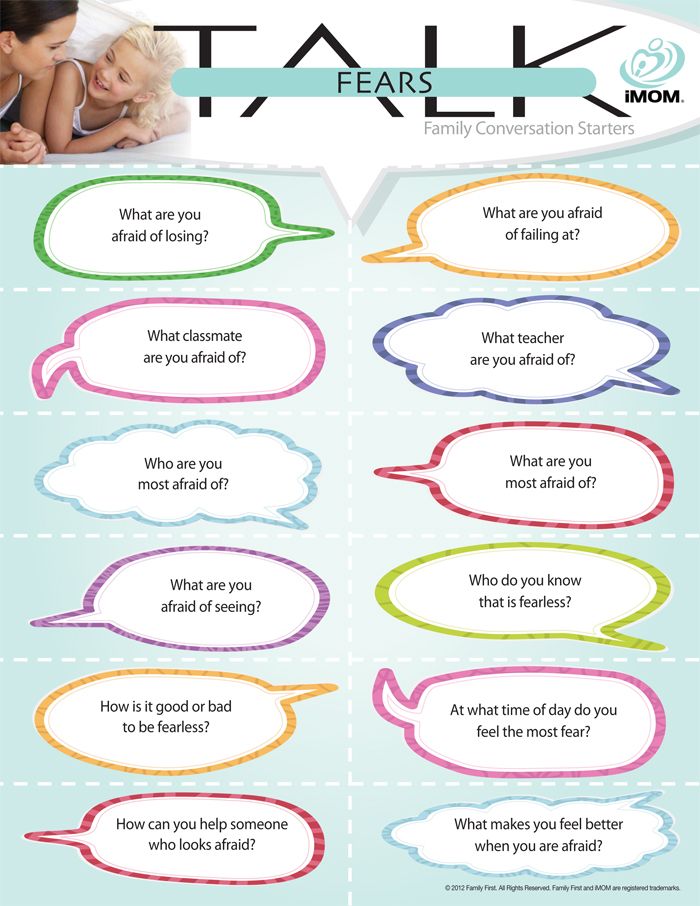
The first question that parents are looking for an answer to is how to regain that very control. But adults need to worry not about this, but about the state of their child now. Because now he is completely bewildered.
Physiology tells him: "Stop studying, go chat with friends." And he doesn’t really want to, and he doesn’t know how, but he can’t study anymore either. Physiology continues to insist: “Stop listening to your mother, be independent, make your own decisions, rebel!”. He would be happy, but he doesn’t know how to take them, but now he really won’t obey his mother.
Such a situation can lead to the fact that without an urgent change in the parenting model, the child will simply get stuck in this state and grow into that very convenient adult.
In addition, reserved and shy children often turn to various subcultures by adolescence, become computer addicted, and simply cease to be interested in anything. Of course, I am drawing a slightly exaggerated, but nevertheless quite a real picture.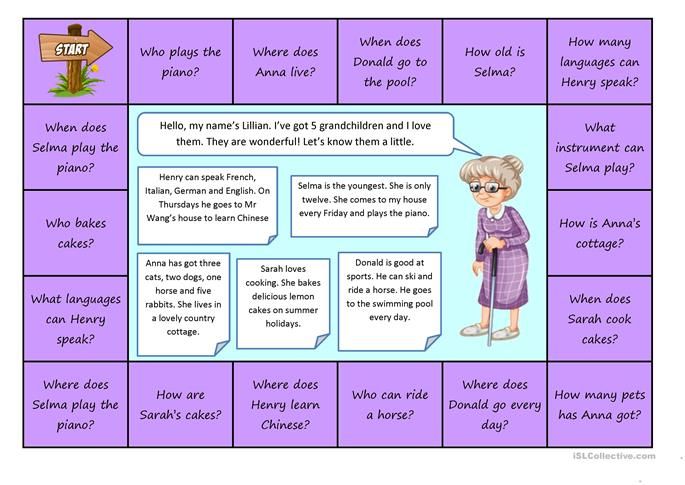
Unfortunately, having received such a child, if parents turn to a psychologist, then with the words "Do something with him, he is somehow not like that." In this situation, the psychologist has no choice but to shrug, because most often parents are not ready to admit that, first of all, they themselves need to change.
What parents can do in this situation
First of all, you need to give your child the opportunity to feel the ground under their feet again. To do this, talk to your teenager about what worries him and what he would like to change.
You will most likely hear something like "I'm fine, I'm fine, leave me alone." Do not despair! The purpose of this conversation is to make it clear that now you are not just dictating your conditions to the child, but are ready to hear him. In a conversation with a child, you need to set boundaries and create rules.
The easiest way to do this is:
- Tell us what you don't like about your child's behavior, and most importantly, why.
 Ask him if he is ready to change something in himself and if he sees the point in this.
Ask him if he is ready to change something in himself and if he sees the point in this. - After that, invite the child to do the same, that is, to say what does not suit him in you and what, in his opinion, you can do about it.
In this way, both you and your child will have a certain support, thanks to which you will be able to move on.
When talking with your child, follow the important rules
without explaining the reasons, they only drive him into a dead end.
2. You need to learn how to explain even such simple things as how and why you need to go to school. Now you need his studies first of all, and he is just a confused teenager who does not need anything at the moment of his life. Admit this to yourself and be honest with yourself and with your child.
3. Be prepared to hear criticism from your child and respond to it calmly and constructively upbringing.
Understanding that correctly heard criticism will help you become better than you are now will help you take it calmer. Time will pass, and you will already be waiting for advice from a teenager on how best to educate him, because only then will you understand that you are moving in the right direction.
Time will pass, and you will already be waiting for advice from a teenager on how best to educate him, because only then will you understand that you are moving in the right direction.
4. In a dialogue with a child, do not use the phrase “If you… then I…”
A family is not an auction or a bazaar. When you negotiate with a child and use this verbal construction, you only give yourself, first of all, the opportunity to manipulate the child. But the child will not be left out.
You should listen sincerely, and if the child’s requests are simple and objective (“Don’t raise your voice at me, please”), then you don’t need to immediately say something like “Don’t make me angry.” It won't lead to anything.
On the other hand, you should be able to cut off such manipulations on the part of the child as well - "I will do Russian only if you allow me to come home after twelve."
Of course you can't do it, so just explain why you can't. And if he wants more freedom, then this can be achieved in another way.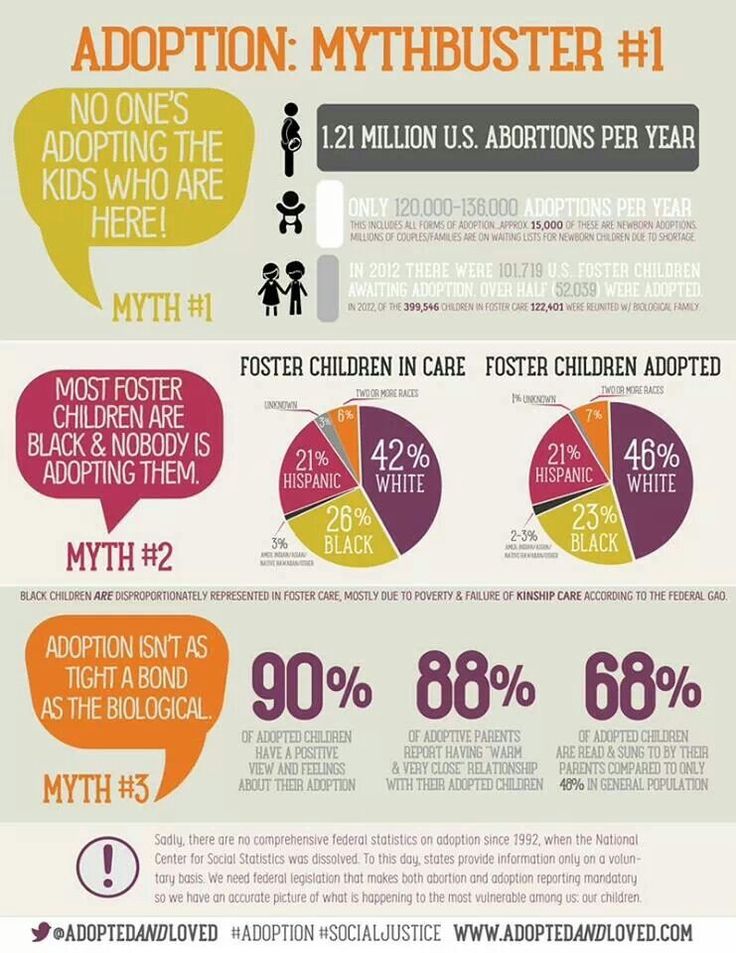
Also, don't say something like: "Do your homework, then you can go for a walk." You should at least give your child the opportunity to win your trust. You can directly say that you want him to study better, as this is important to you. And you can give him freedom and not put pressure on him, but after some time you should see the result.
5. Do not be categorical in your judgments
Do not put pressure on the child with your authority, he will immediately understand this and leave the conversation. Always explain your position. Don't be afraid to be open.
6. Do not set rules without agreeing with the child and without explaining your position a different rule.
Of course, one conversation is not enough to solve the problem. But, of course, this conversation will serve as the beginning to change the relationship with your child.
You must let the child understand that now you are not a soulless overseer, but a companion who will help him get out of a difficult situation
The main thing is to constantly maintain contact with him, follow the rules and not push.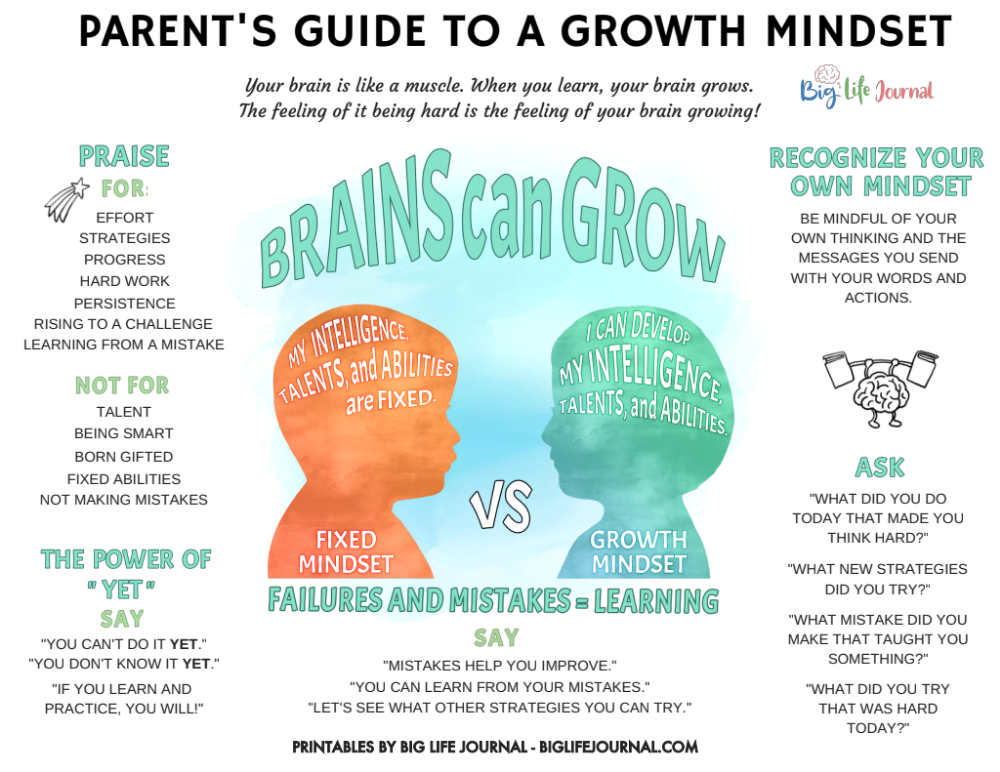
The child has been brought up "comfortable" for more than ten years and, of course, everything will not change in an instant. The results will appear exactly when the parents themselves realize that they have changed. That it is easier for them to make compromises, that they do not feel the bitterness of resentment from criticism, that they are ready to negotiate with their child.
To prevent “comfortable” behavior
If you have just begun to understand that your child is not confident in himself and cannot stand up for himself, even when he is completely right, then first of all you need to discuss this situation with him.
If a child knew the lesson, but was too shy to answer at the blackboard and got a deuce, one should not criticize or scold him. Ask how he thinks why such a situation has developed, what was he afraid of and what can he do to prevent such a situation from happening again? If the child does not know what to answer, then offer him a choice of two or three possible solutions.
In any situation of failure, it is very important to talk about possible solutions. Not to criticize and say what should have been done, but to offer. After that, be sure to talk with the child whether it turned out to use new behaviors.
In my practice, situations very often arose when children, due to fear of a teacher or fear of competition, skipped classes for weeks, coming up with excuses about poor health or family circumstances.
If your child has started skipping classes because of self-doubt, do not rush to scold him
Try to put yourself in his place for a minute. The child simply does not know how to overcome his fear. What do children do when they are afraid of something? Of course, they run away from it. And running away is the only known behavioral strategy for a convenient child.
Lies are the best friend of such an escape. It is simply necessary for convenient children in order to remain good in the eyes of adults. For such a child, it will be real torture to know that someone thinks badly of him.
As he gets older, instead of just saying "no" to an uncomfortable request, he will invent stories that he has an important meeting at that time.
Why develop critical thinking
So that your child can distinguish black from white and has his own value orientations. This can be done by periodically asking only one simple question - what do you think about this?
From early childhood, when reading a fairy tale to a child, ask him what he liked or disliked in the fairy tale, how he evaluates the actions of the main character and what he thinks about the villain, under what circumstances could he improve and become good? On walks, ask what he likes to do most - ride a swing or throw leaves, or run through puddles. Ask his opinion about everything - about a song, a cartoon, going to a clinic.
And this is not at all necessary for a child to become a first-class demagogue. Expressing your opinion on any occasion. The child reveals his inner world to you and is in constant dialogue with you, and you can already agree or disagree with him and express your point of view. For example, you may not agree with the child's opinion that vaccinations are a useless exercise, but then you need to defend your position. That's right, without pressure and dominance, and in dialogue, the child will learn the world, respect the position of an adult, and also have his own.
For example, you may not agree with the child's opinion that vaccinations are a useless exercise, but then you need to defend your position. That's right, without pressure and dominance, and in dialogue, the child will learn the world, respect the position of an adult, and also have his own.
At the same time, the parent, of course, must be able to say a strict and irrevocable “no” to the child. Otherwise, there is a high probability of falling into the other extreme - selfishness and complete non-recognition of parental authority.
But a child should hear these words only when it comes to the life and health of those around him or himself, or when he violates moral and ethical principles.
In any case, do not abuse your authority, do not assert yourself at the expense of children, and be attentive to them. After all, every parent wants their child to grow up into an independent and self-confident adult. And this is possible only if the child has independent and adult parents.



